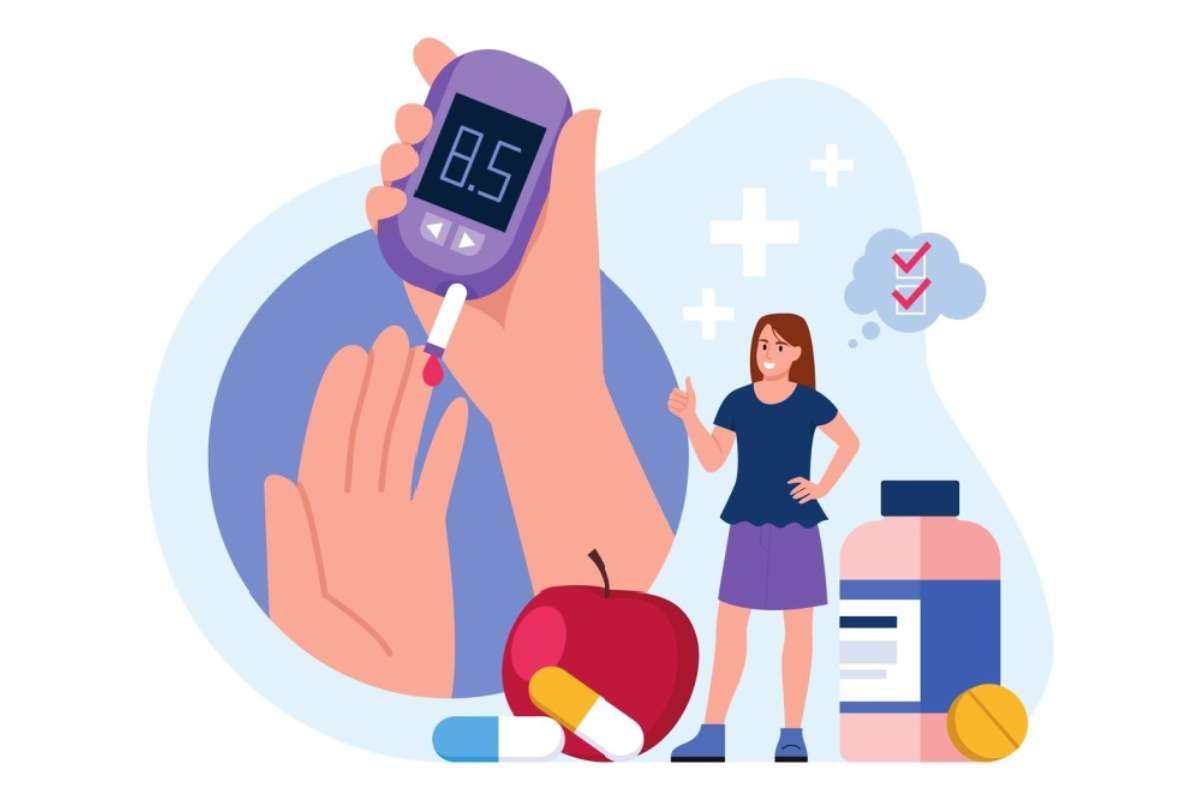Source – charlestongi.com
Innovative Approach Aims to Reduce Insulin Dependence
A promising new treatment strategy for type 2 diabetes (T2D) has been revealed at the UEG Week 2024, offering a potential breakthrough for millions of patients worldwide. The study introduced an innovative method combining ReCET (Re-Cellularization via Electroporation Therapy) with semaglutide, a drug known for improving blood sugar control. Remarkably, this new approach eliminated the need for insulin therapy in 86% of participants.
Type 2 diabetes affects 422 million people globally, with obesity being a major risk factor. Insulin therapy, often used to manage T2D, can lead to side effects such as weight gain, further complicating treatment. This new strategy offers hope for a better solution. ReCET is designed to increase the body’s sensitivity to its insulin, while semaglutide helps regulate blood sugar levels. By addressing the root cause of the disease, researchers believe this approach could revolutionize diabetes management.
Study Shows Remarkable Success in Early Trials
The groundbreaking study, which included 14 participants aged 28 to 75 years, showed impressive results. Each participant underwent the ReCET procedure under deep sedation, followed by a two-week liquid diet. Semaglutide was then introduced gradually, reaching a maximum dose of 1mg per week. At the 6- and 12-month follow-ups, 86% of patients no longer required insulin, a trend that continued through the 24-month check-in.
Patients also maintained stable blood sugar levels, with HbA1c values staying below 7.5%. While 93% of participants tolerated the maximum dose of semaglutide well, one individual experienced nausea and could not reach the full dosage. Despite this, the study was considered a major success, with no serious side effects reported during the ReCET procedure.
Dr. Busch, the lead researcher, emphasized the importance of this new approach. Unlike traditional drug therapies that require daily adherence, ReCET is a compliance-free procedure that modifies the disease itself, enhancing patients’ sensitivity to their natural insulin. Busch noted that this method tackles the root cause of type 2 diabetes, whereas current treatments only manage symptoms.
Future Trials and Research Planned
Encouraged by these early results, researchers are now planning larger trials to further test the effectiveness of the ReCET and semaglutide combination. Dr. Busch announced that the team is currently conducting the EMINENT-2 trial, which uses the same criteria and dosage but includes either a sham procedure or the ReCET treatment. This trial will also investigate the mechanisms behind ReCET’s success, offering deeper insights into how the therapy works.
If future trials confirm these findings, this treatment could become a game-changer for type 2 diabetes patients, offering a new path to reducing or even eliminating the need for insulin therapy. As researchers continue to explore this promising strategy, the potential for improved quality of life for millions of diabetes patients looks more promising than ever.







